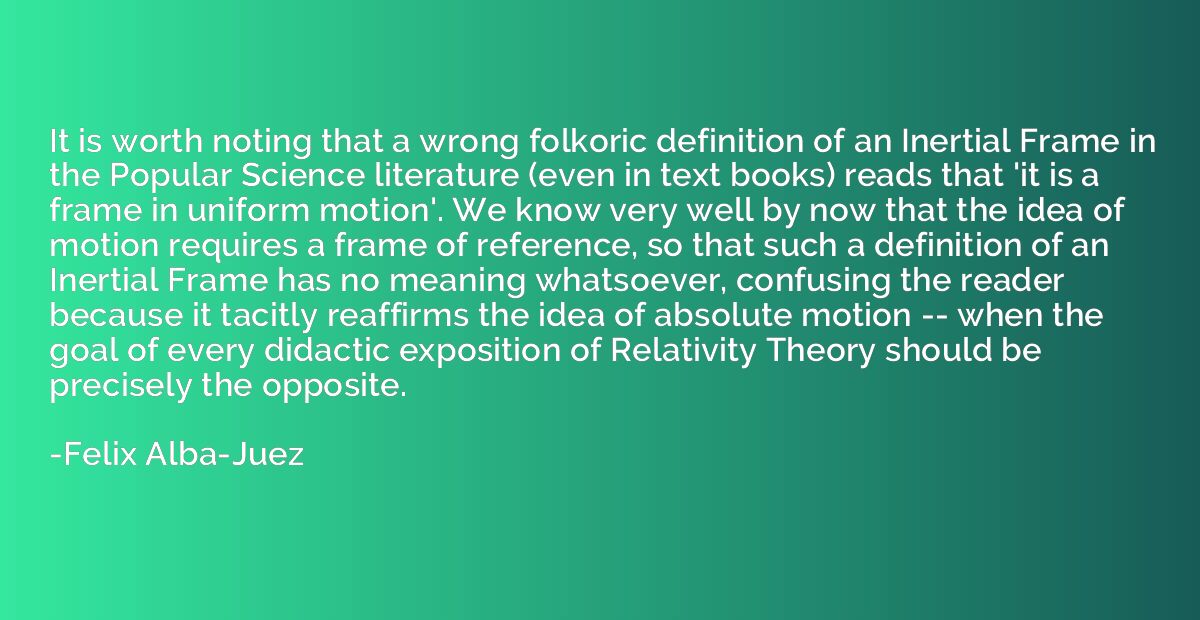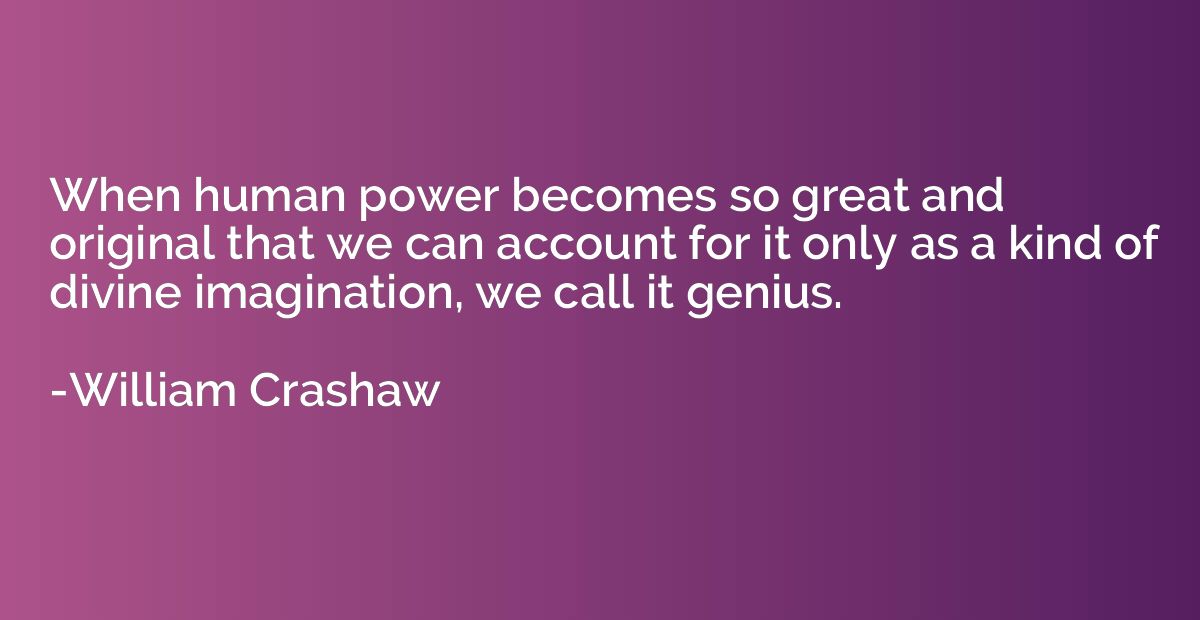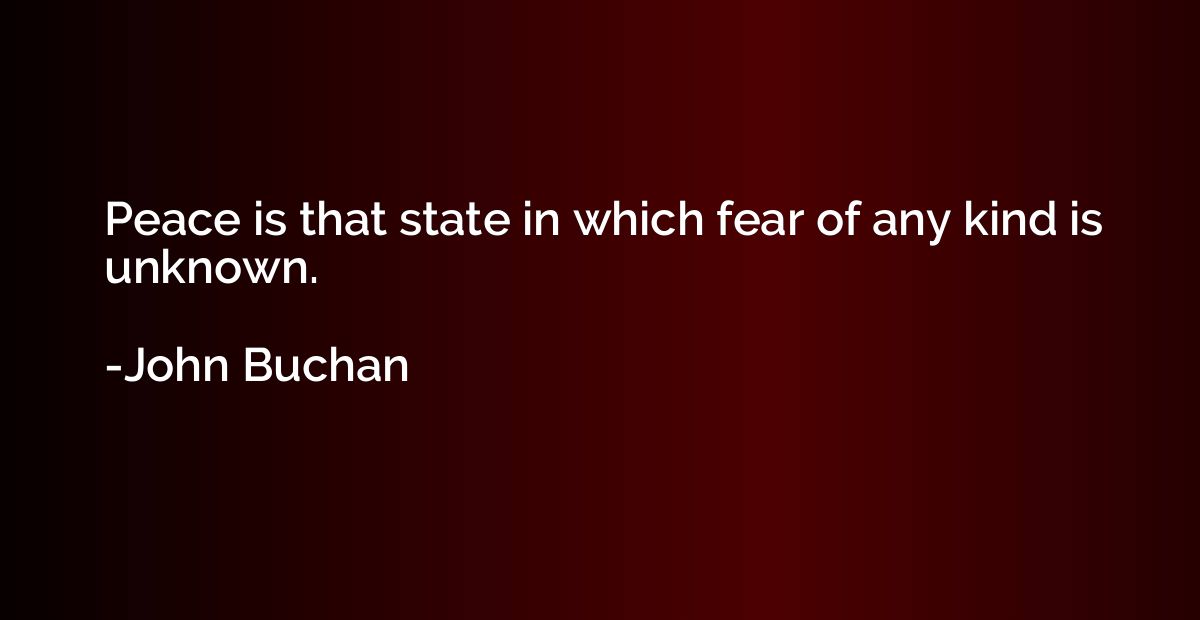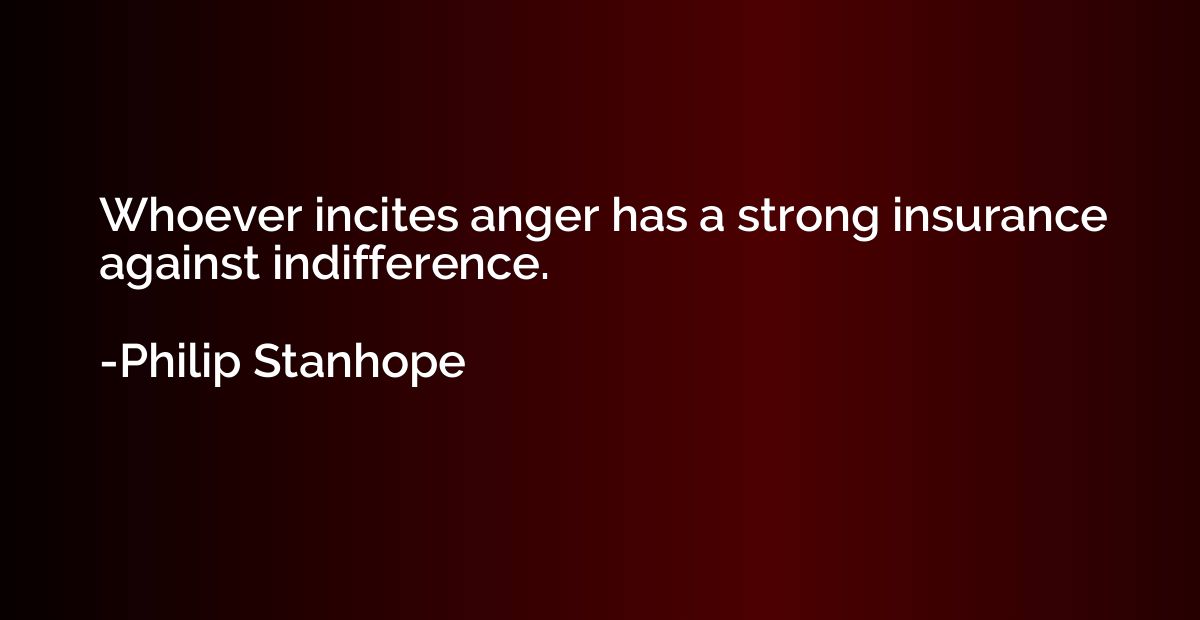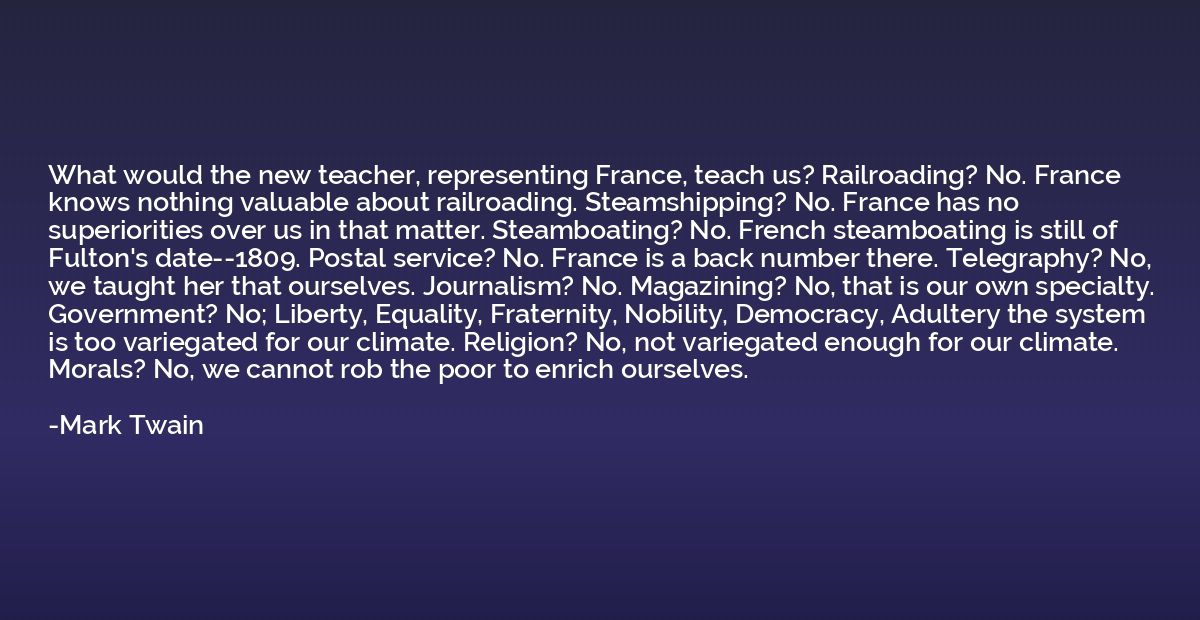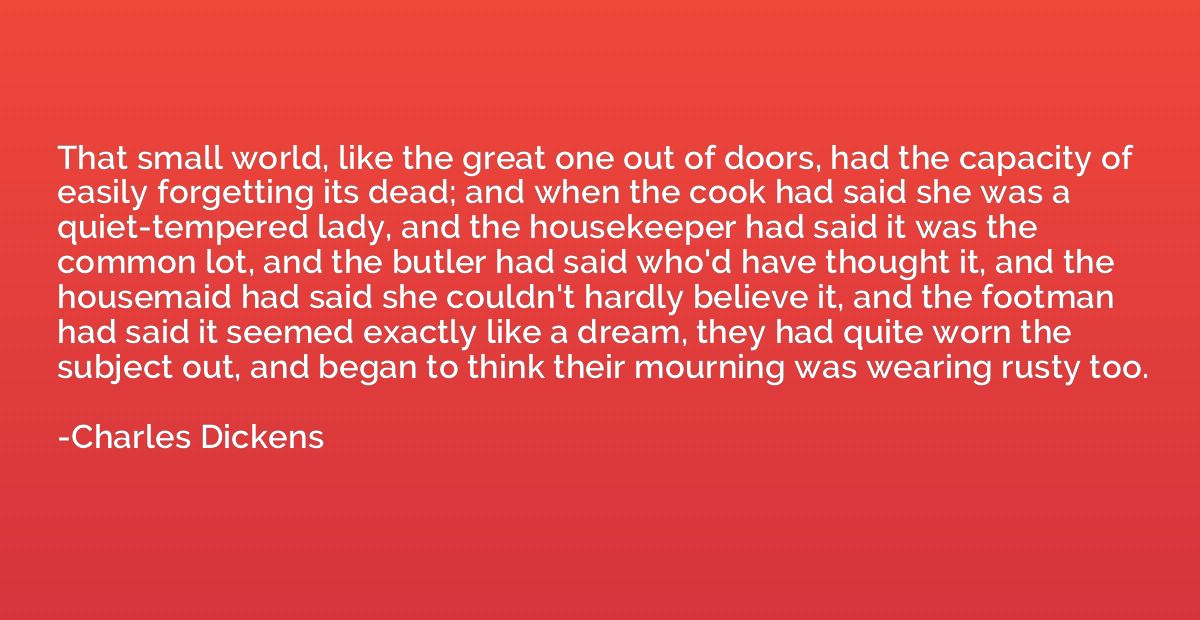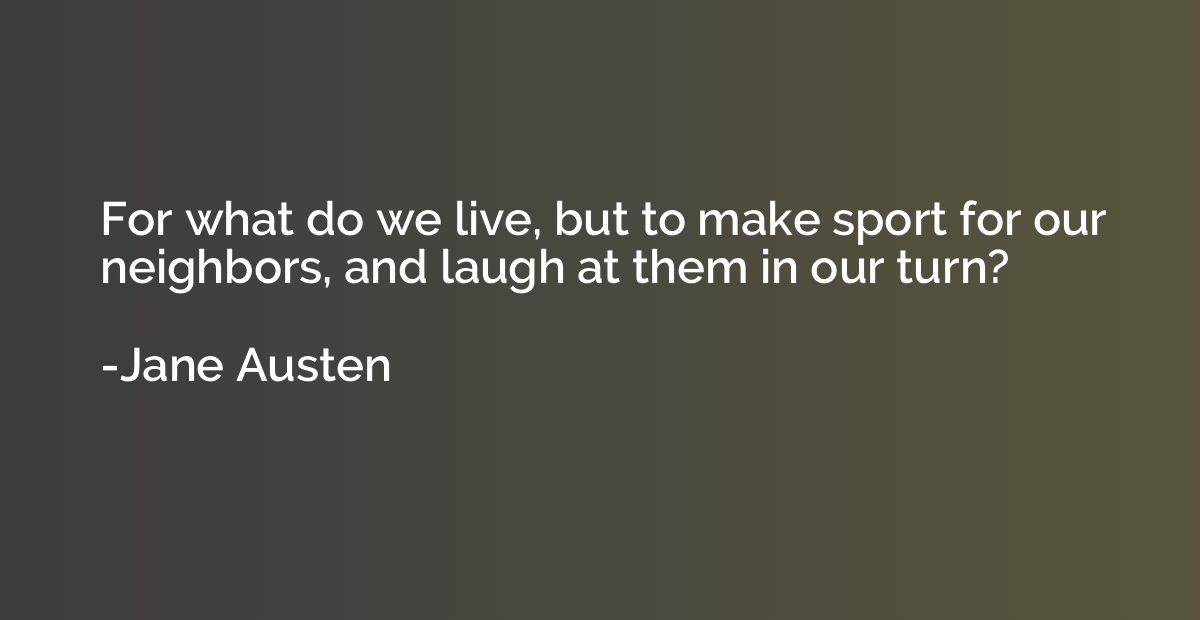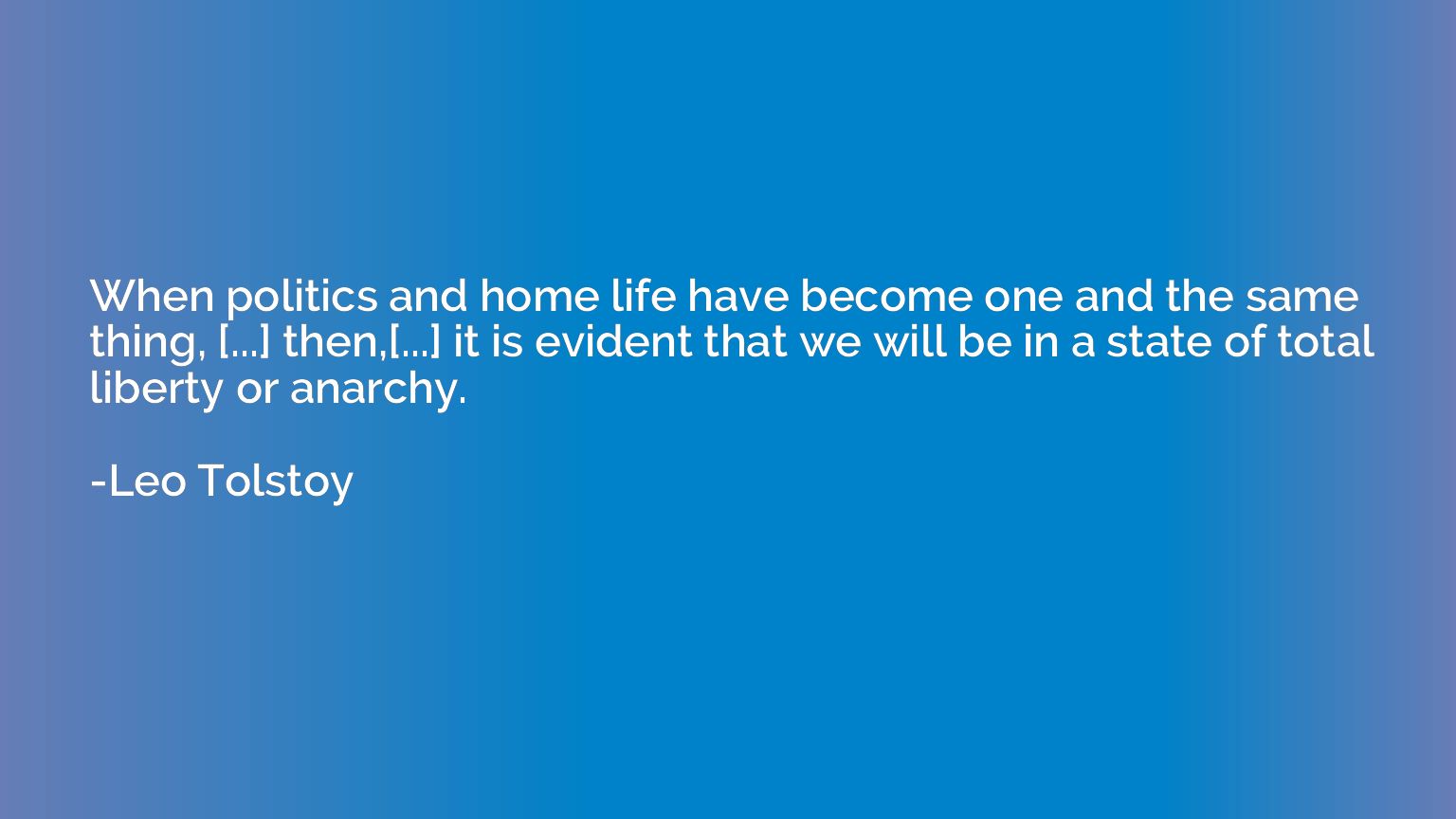Quote by Thomas Friedman
The Dell Theory of Conflict Prevention argues that no two countries that are both part of the same global supply chain will ever fight a war as long as they are each part of that supply chain.
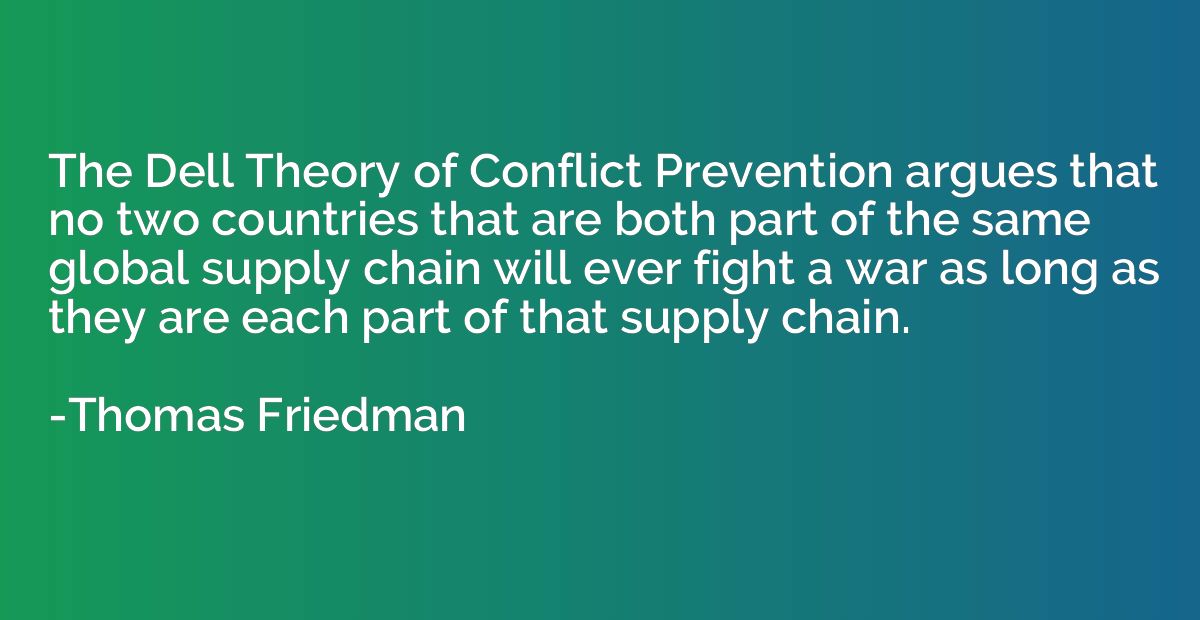
Summary
The Dell Theory of Conflict Prevention, proposed by Thomas Friedman, suggests that countries involved in the same global supply chain are unlikely to engage in war with each other. This theory is based on the notion that economic interdependence creates mutually beneficial incentives for peaceful coexistence. When nations rely on each other for trade and resources, the cost of going to war outweighs the potential gains. By acknowledging the economic interconnections that bind countries together, the theory presents a perspective on conflict prevention that stems from shared interests rather than antagonism.




